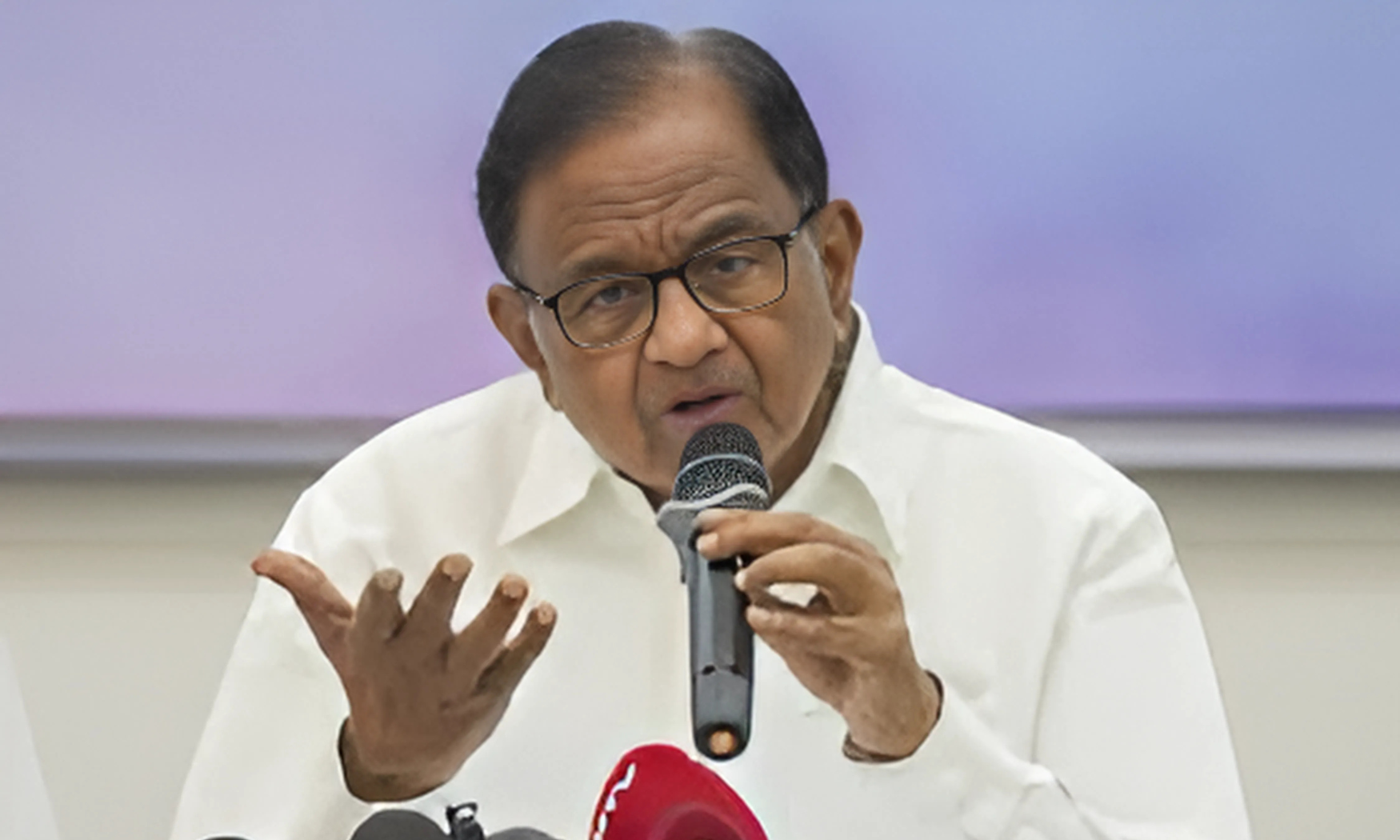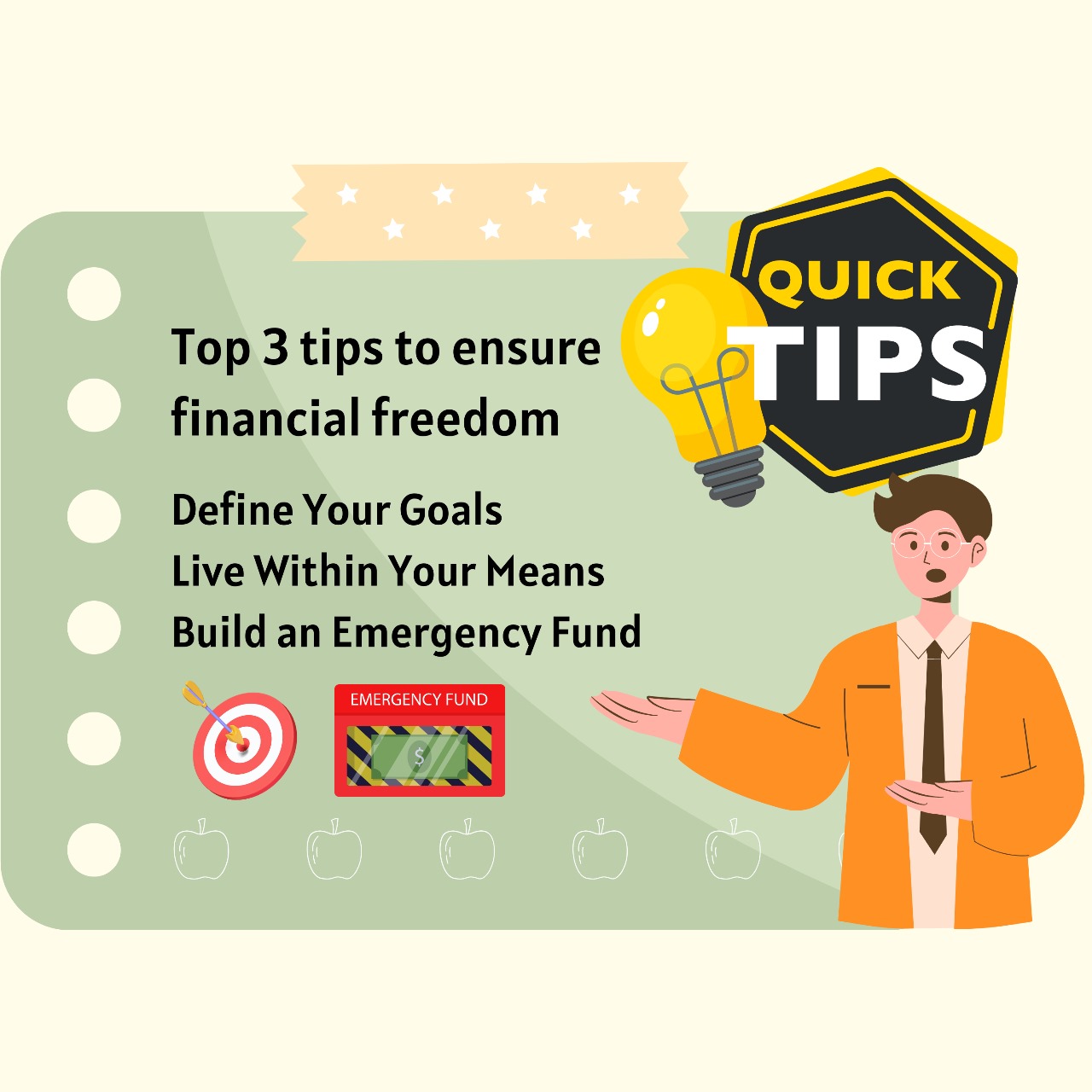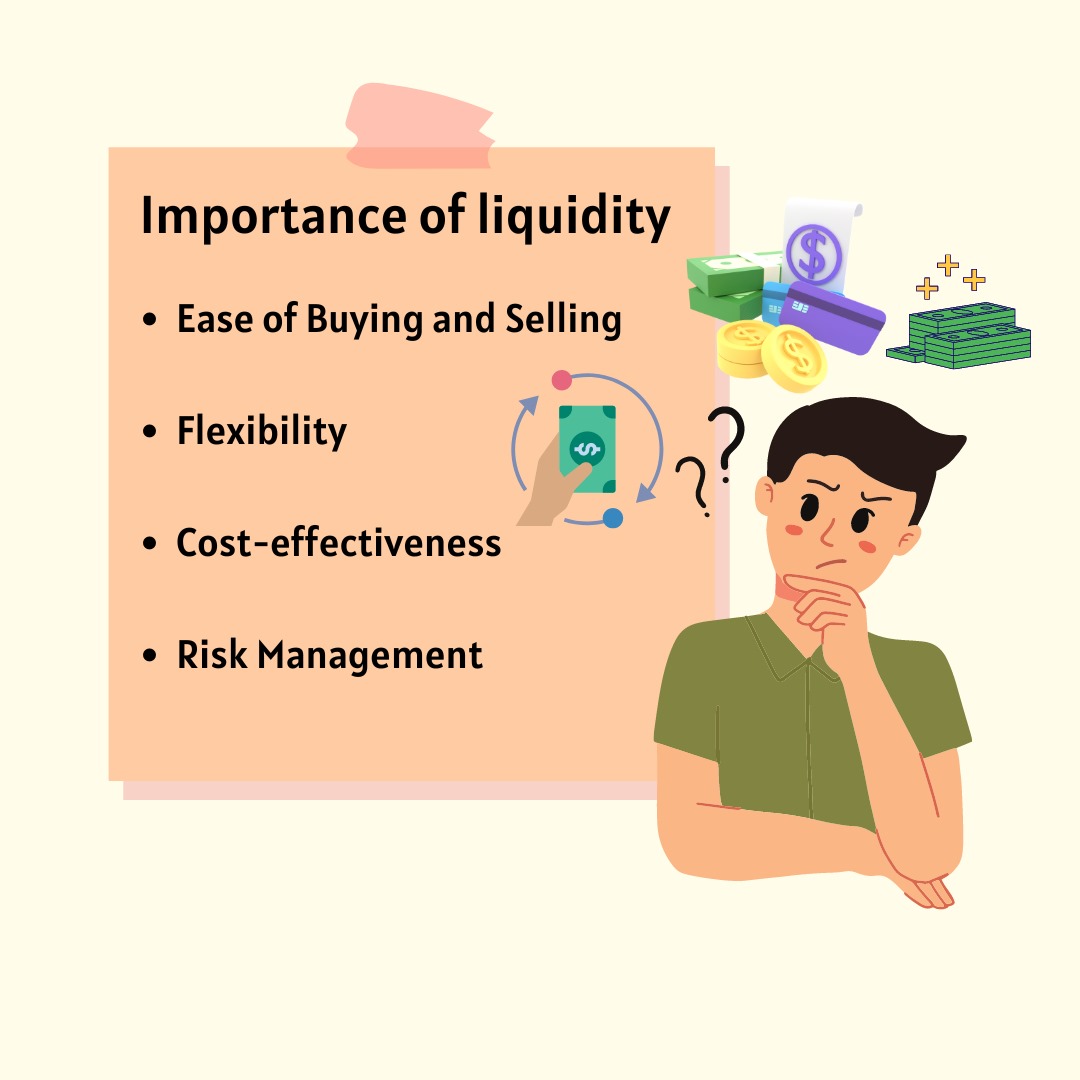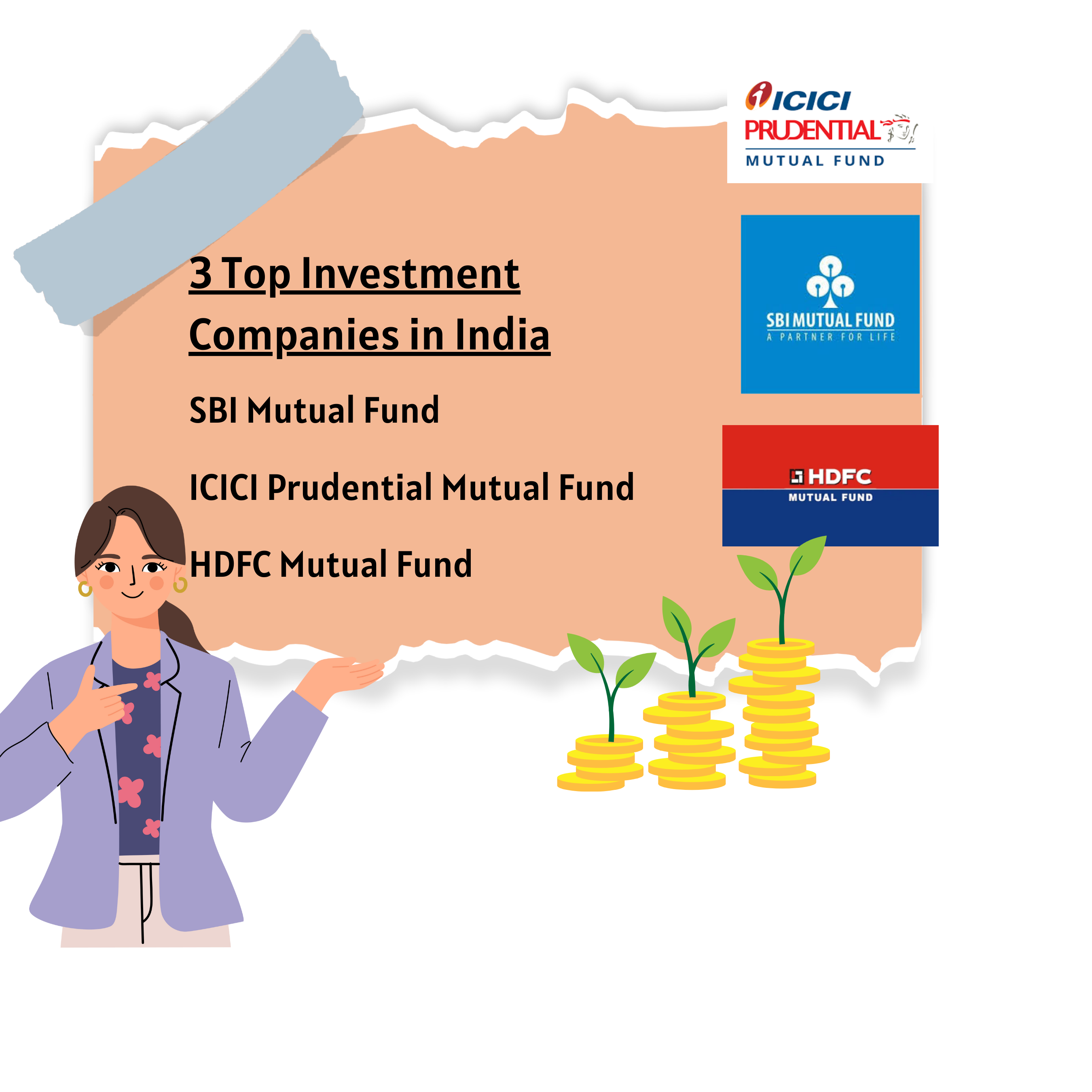Pros and Cons of Credit Cards: Ultimate 7 Benefits & 5 Drawbacks!
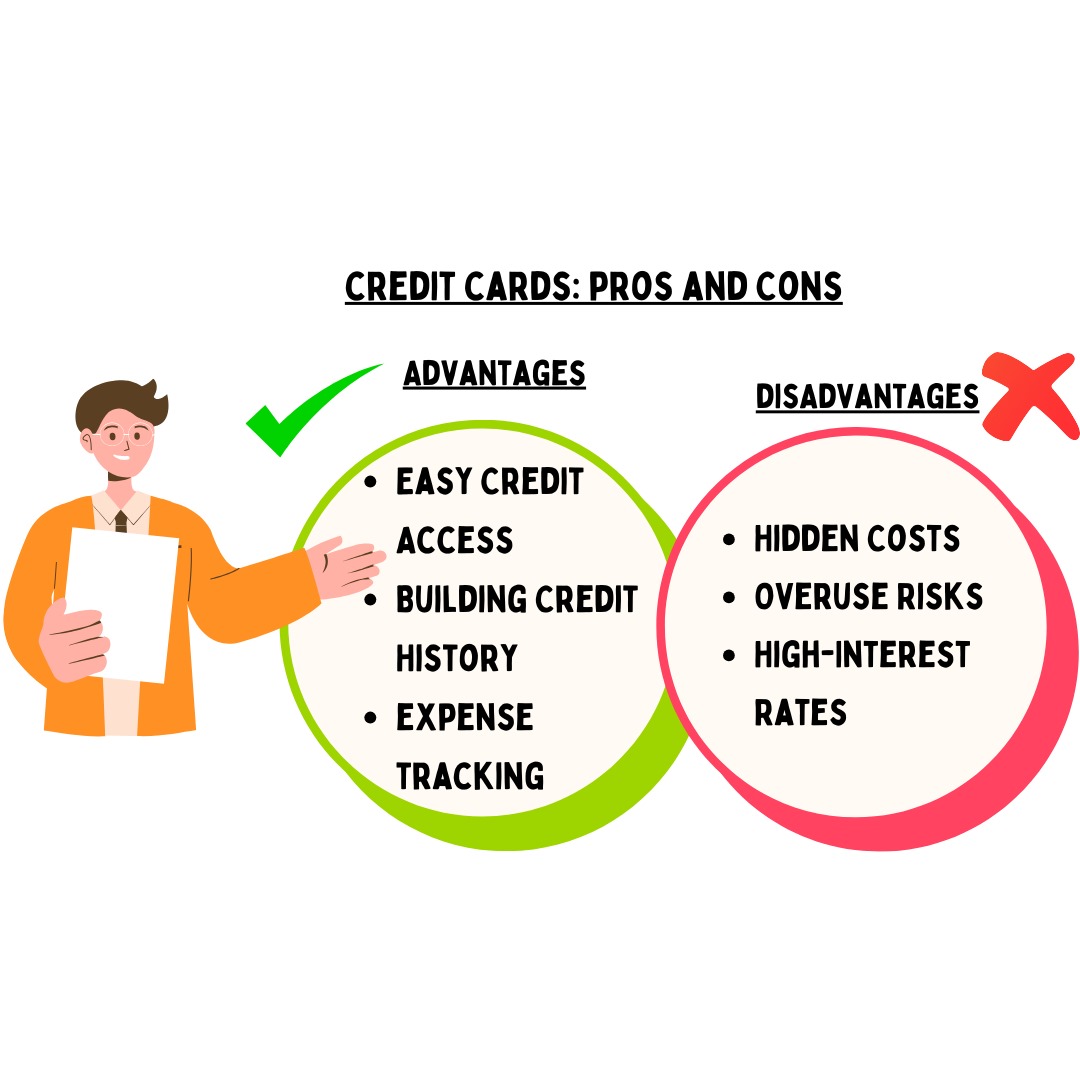
In our financial planning journey, we’ve all at least once asked this question: credit cards, are they our reliable financial sidekicks or those tempting paths to unexpected debt?
These tiny plastic rectangles offer us alluring rewards and an abundance of convenience, promising both financial freedom and financial pitfalls.
If you’re new to the world of credit or just seeking a friendly guide, come along as we delve into the pros and cons of credit cards.
Here’s a quick summary of what you’re going to learn ahead:
Pros and Cons of Credit Cards
Advantages of Credit Cards
- Easy Credit Access
- Building Credit History
- EMI Convenience
- Rewarding Incentives
- Interest-Free Period
- Expense Tracking
- Purchase Protection
Drawbacks of Credit Cards
- Minimum Payment Trap
- Hidden Costs
- Overuse Risks
- High-Interest Rates
- Fraud Concerns
Let’s get to it!
Pros of Credit Cards in India
In the debate between the pros and cons of credit cards, let’s start with the pros of credit cards.
1. Easy Access to Credit
The allure of credit cards lies in their seamless access to credit. When you make a purchase with your credit card, you’re essentially postponing the payment to a later date.
This means your bank balance remains untouched each time you swipe, providing a sigh of relief for many.
2. Building a Line of Credit
Credit cards offer more than just convenience; they grant you the chance to establish a credit history.
This credit history holds a pivotal role, as lenders scrutinise your credit card repayments and usage when considering your loan applications or rental requests.
3. EMI Facility
Eyeing that significant purchase but reluctant to deplete your savings? Credit cards come to the rescue. You can use your card to make the purchase and then evenly distribute the payment through Equated Monthly Installments (EMIs).
And so, in the discourse on pros and cons of credit cards, this particular benefit of credit card hugely profits users. This facility ensures your bank balance stays steady by averting the need for a substantial upfront payment.
4. Incentives and Offers
Credit card companies tantalize users with a plethora of perks. These range from enticing cashback rewards to points accumulating with every card swipe. Therefore, these offers and incentives cannot be overlooked when it comes to the pros and cons of credit cards.
These points, often convertible to benefits like air miles or reducing your card balance, sweeten the deal. Plus, credit cards frequently unlock exclusive discounts on a range of purchases, making them a shrewd choice.
5. Flexible Credit
Credit cards usher in an interest-free period, typically spanning 45-60 days, during which your outstanding balance remains exempt from interest charges.
Paying off your balance in full by the due date grants you this advantage, offering financial flexibility and efficient management.
6. Record of Expenses
Credit cards meticulously record every transaction you make. Upon receiving your monthly statement, you’re presented with a comprehensive list of your expenditures. This proves invaluable for budgeting and tax purposes.
Additionally, many credit card issuers keep you in the loop by sending instant notifications after each transaction, keeping you up to date on your available credit and current outstanding balance.
7. Purchase Protection
Credit cards serve as an extra layer of defense for your purchases. Should the unfortunate event of a purchase being lost, damaged, or stolen occur, your credit card steps in as your saviour.
Furthermore, your credit card statement acts as evidence for insurance claims in case the need arises. To take this discourse on pros and cons of credit cards ahead, let’s have a look into the disadvantages of credit cards.
Cons of Credit Cards in India
Having understood the benefits of credit cards, it is important to understand the flip side of it. Let’s complete the spectrum of pros and cons of credit cards by looking at the downside of credit cards.
1. Minimum Due Trap
Among the credit card pitfalls, the “minimum due” can be a tricky adversary. It often graces the top of your billing statement, misleading many cardholders into assuming it’s the total amount due.
In reality, it’s merely the minimum threshold to keep your credit facilities intact. Falling into this pitfall can lead to overindulgence, interest accrual on your outstanding balance, and a spiral of daunting debt.
2. Hidden Costs
At first glance, credit cards may seem straightforward, but lurking beneath are concealed charges that can inflate your overall expenses. These encompass late payment fees, joining fees, renewal fees, and processing fees.
Missing a payment can result in penalties, while recurrent late payments may lead to a diminished credit limit, subsequently impacting your credit score and future credit opportunities.
3. Easy to Overuse
The revolving credit feature of credit cards, where your bank balance remains unaffected, might tempt you into using your card for all expenses.
However, this can lead to unknowingly overspending and accumulating debt that becomes difficult to manage. This cycle of debt arrives with high-interest rates, increasing your financial burden.
4. High-Interest Rates
Should you fail to settle your dues by the billing due date, your outstanding balance rolls over to the next billing cycle, and interest commences its relentless accumulation.
Credit card interest rates are renowned for their steepness, frequently reaching 3% per month, equivalent to a whopping 36% annually. This hefty interest can rapidly snowball your balance.
5. Credit Card Fraud
Though not an everyday occurrence, credit card fraud remains a credible threat. With technological advancements, malefactors can clone cards and pilfer confidential information to make unauthorized purchases.
It’s crucial to scrutinize your statements for suspicious transactions and promptly report potential fraud. Banks typically waive charges associated with verified fraud, protecting you from financial losses.
So, folks, as far as the pros and cons of credit cards are concerned, remember that they are formidable financial tools with the potential to either empower your financial journey or lead you down the treacherous path of debt.
By using them responsibly and staying well-informed about their advantages and disadvantages, you can harness the benefits of credit cards while evading the potential pitfalls.
Ultimately, it boils down to striking a balance and making well-informed decisions to effectively manage your finances.
And guess which platform helps you stay informed and up-to-date: NewsCanvass. So bookmark this guide for future reference, and stay tuned for more financial guides.





